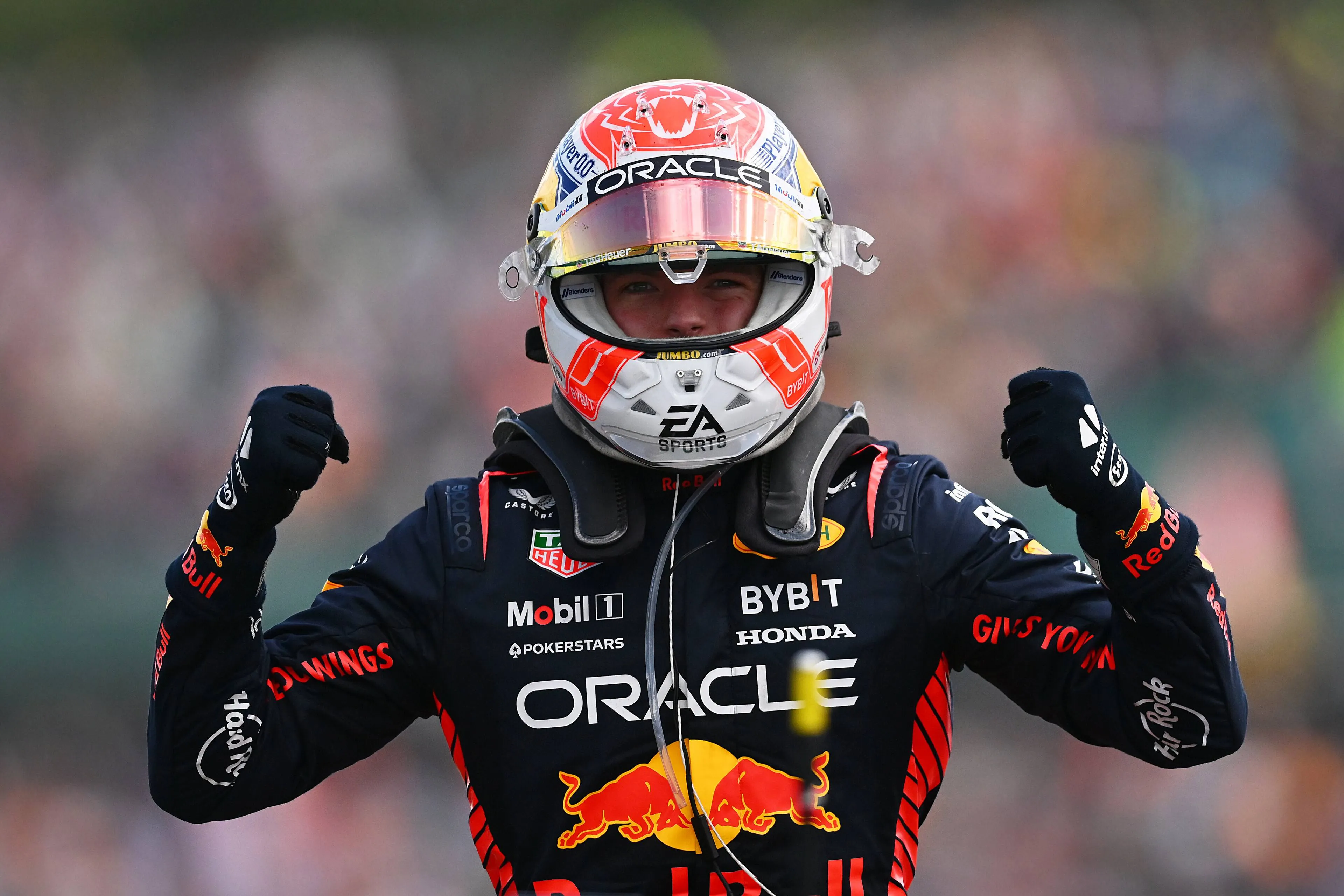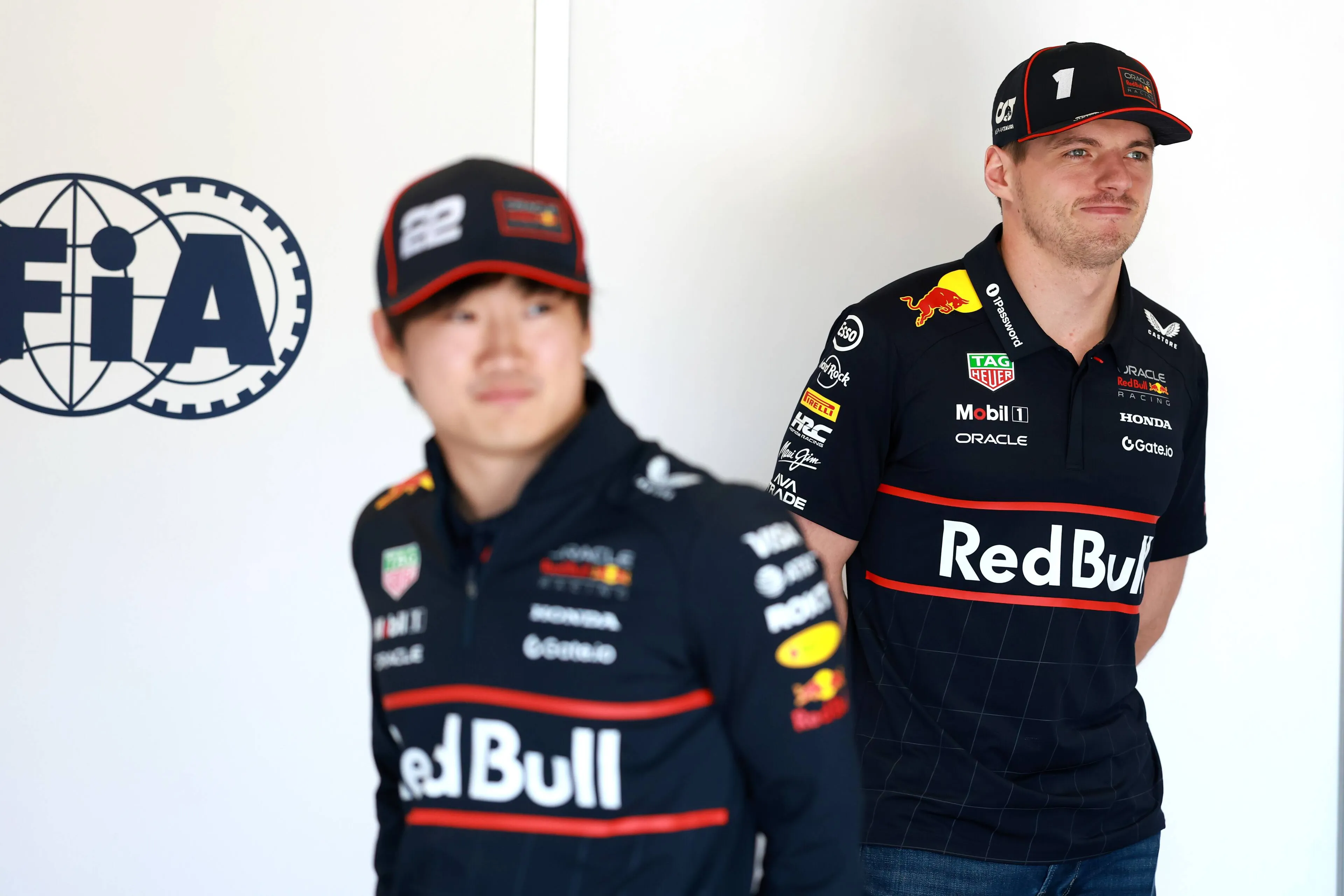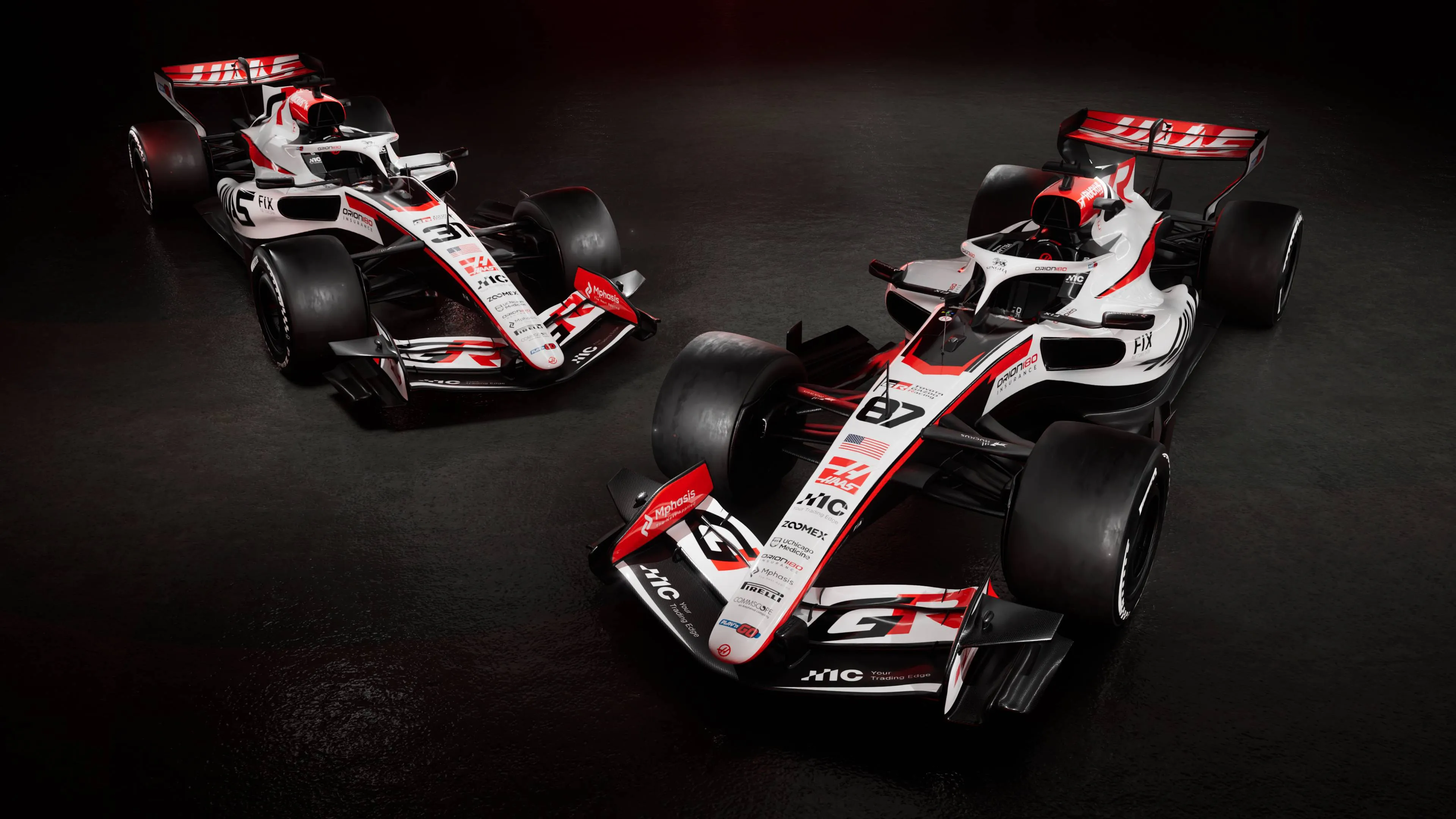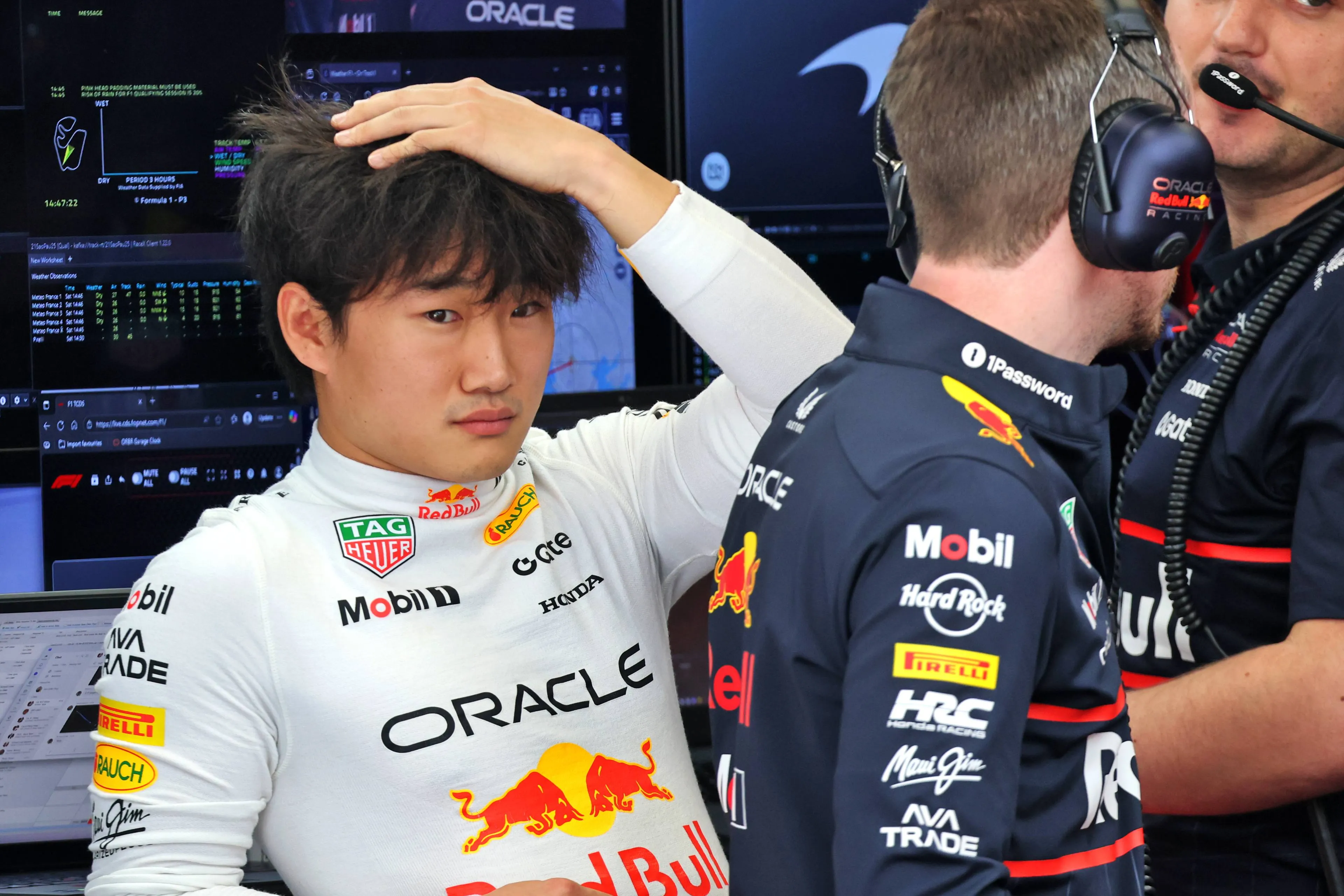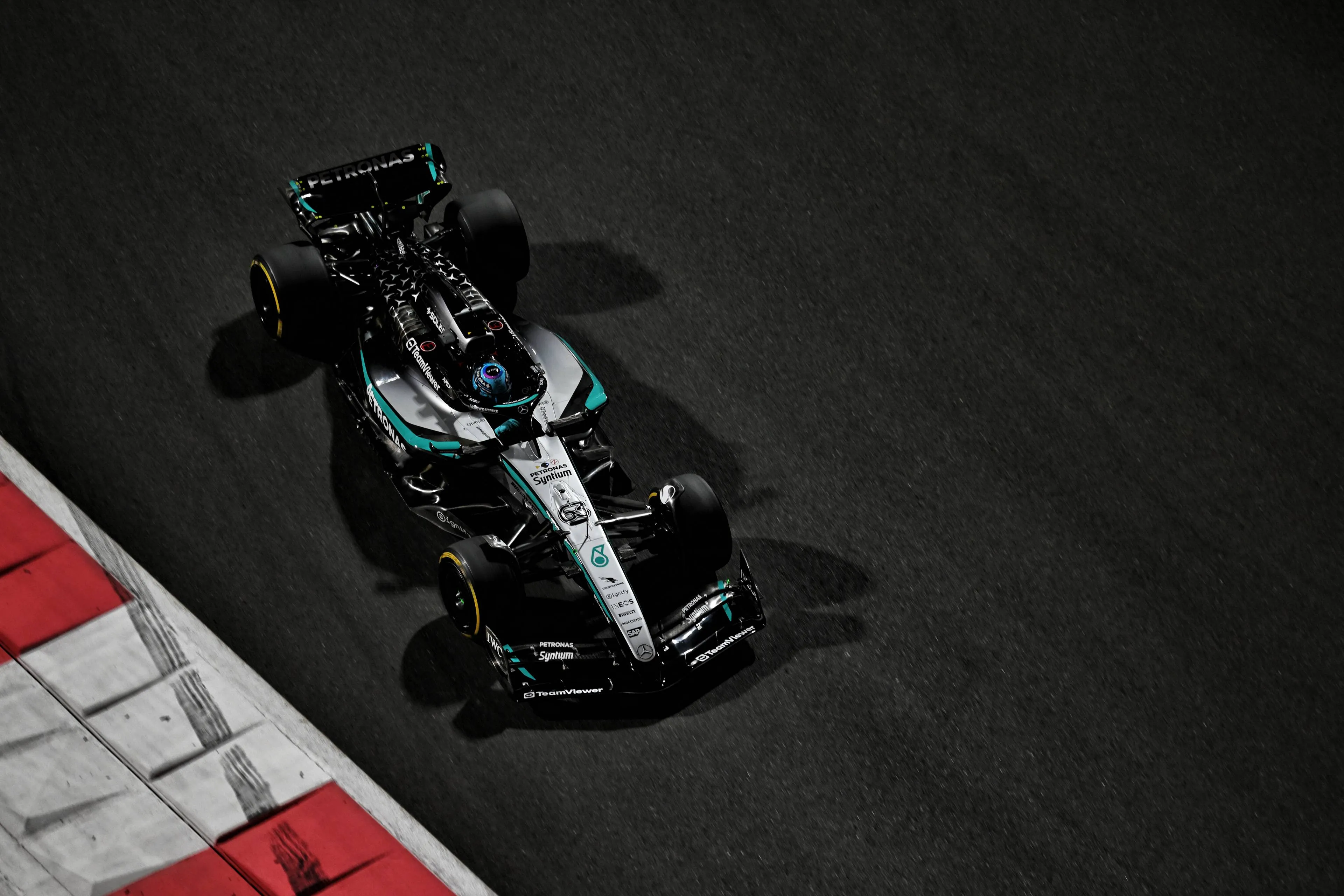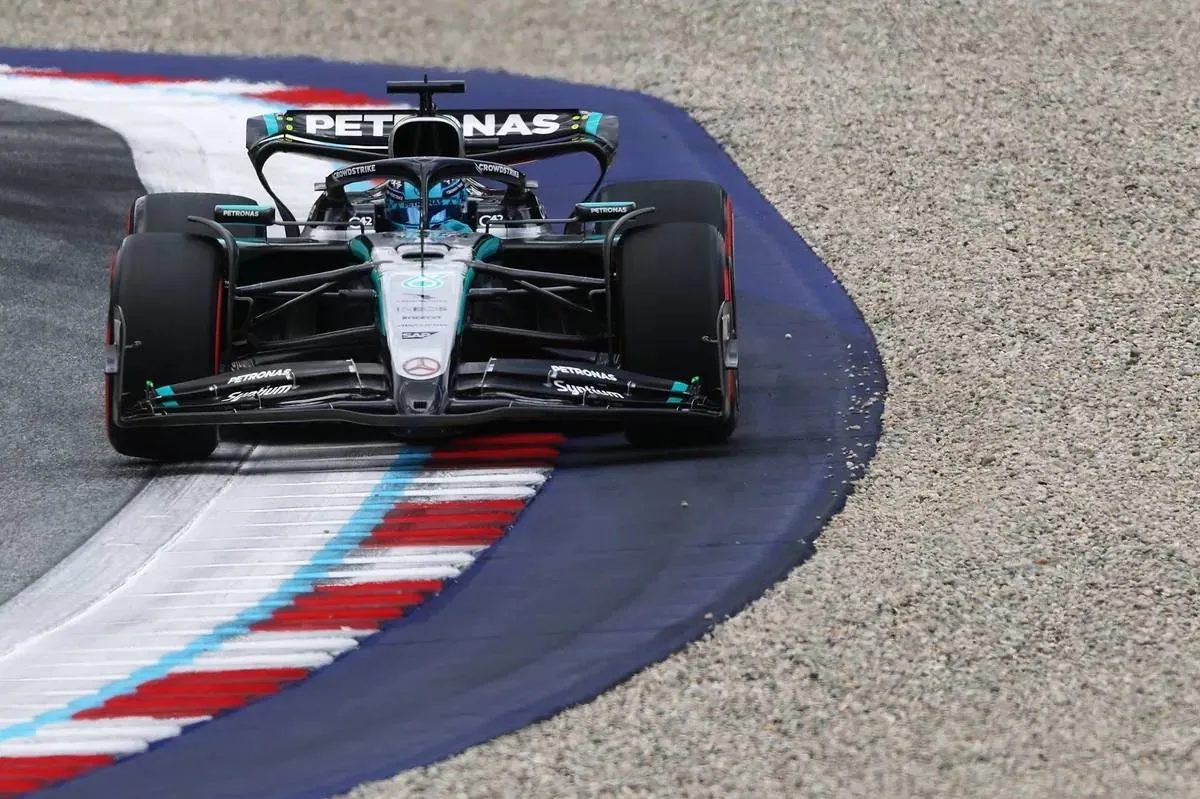
Russell on track at Austria
Formula 1's 2026 shakeup: FIA reveal no respite for underperforming engines
14:45, 18 Jul 2025
Updated: 15:00, 18 Jul 2025
1 Comments
Co-author:Toby Nixon
Every engine supplier faces a major challenge ahead of the 2026 Formula 1 regulations: can they deliver a competitive power unit under the new rules? Reports suggest that Mercedes has its engine development well under control. In contrast, concerns remain about Red Bull Racing and the progress of its in-house project, Red Bull Powertrains.
Should there indeed arise significant performance differences among the manufacturers - as is feared in the F1 paddock - then the FIA won't come to aid by introducing a Balance of Performance (BoP).
"That's definitely not [going to happen]," says Nikolas Tombazis, the FIA's single seater director, to The Race.
What is a Balance of Performance?
A Balance of Performance (BoP) is a method used to level the playing field in motorsport. It typically involves measures such as adding weight to the fastest cars, thereby slowing them down and allowing other competitors to close the gap.
Or, as Tombazis explains: "A BoP which is used in other categories - and I'm not saying this in a disparaging way - actually tries to equate performance of the cars and to artificially make certain cars faster than what they may be naturally or are relative to other cars."
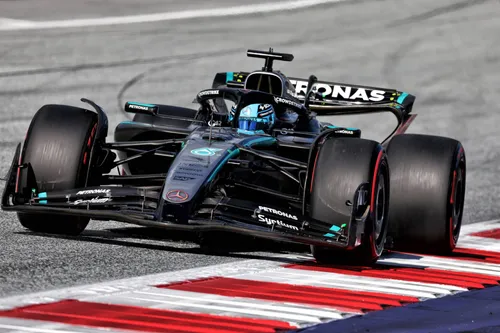
Mercedes appears to have a strong power unit for 2026
Tombazis believes this is necessary in certain situations, as GT-class race cars are derived from a manufacturer's road cars. "In some categories, that is necessary, because cars are based on GT cars or whatever, and they may be inherently faster or slower just because of conditions to do with their road usage or whatever.
"So there's a good reason for BoP in certain categories or events, like Le Mans. That is not the case in F1," Tombazis said.
The 2026 engine regulations bring in new manufacturers Audi and Ford. Cadillac will also make their own engines in the near future, but for their first few seasons in F1, the American team will use Ferrari power units.
Read also
Read more about:
Rumors
Popular on GPBlog
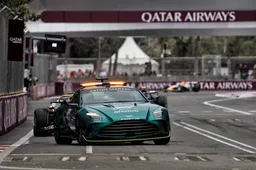
1
Aston Martin issues statement after unexpected withdrawal from Formula 1
2924 times read

2
Verstappen responds to Leclerc rumour after Monaco move
2524 times read

3
Ferrari reveals striking new race suits for Hamilton and Leclerc
1794 times read

4
'Red Bull to sponsor the Mercedes team, Verstappen to be the driver'
1357 times read
Loading

